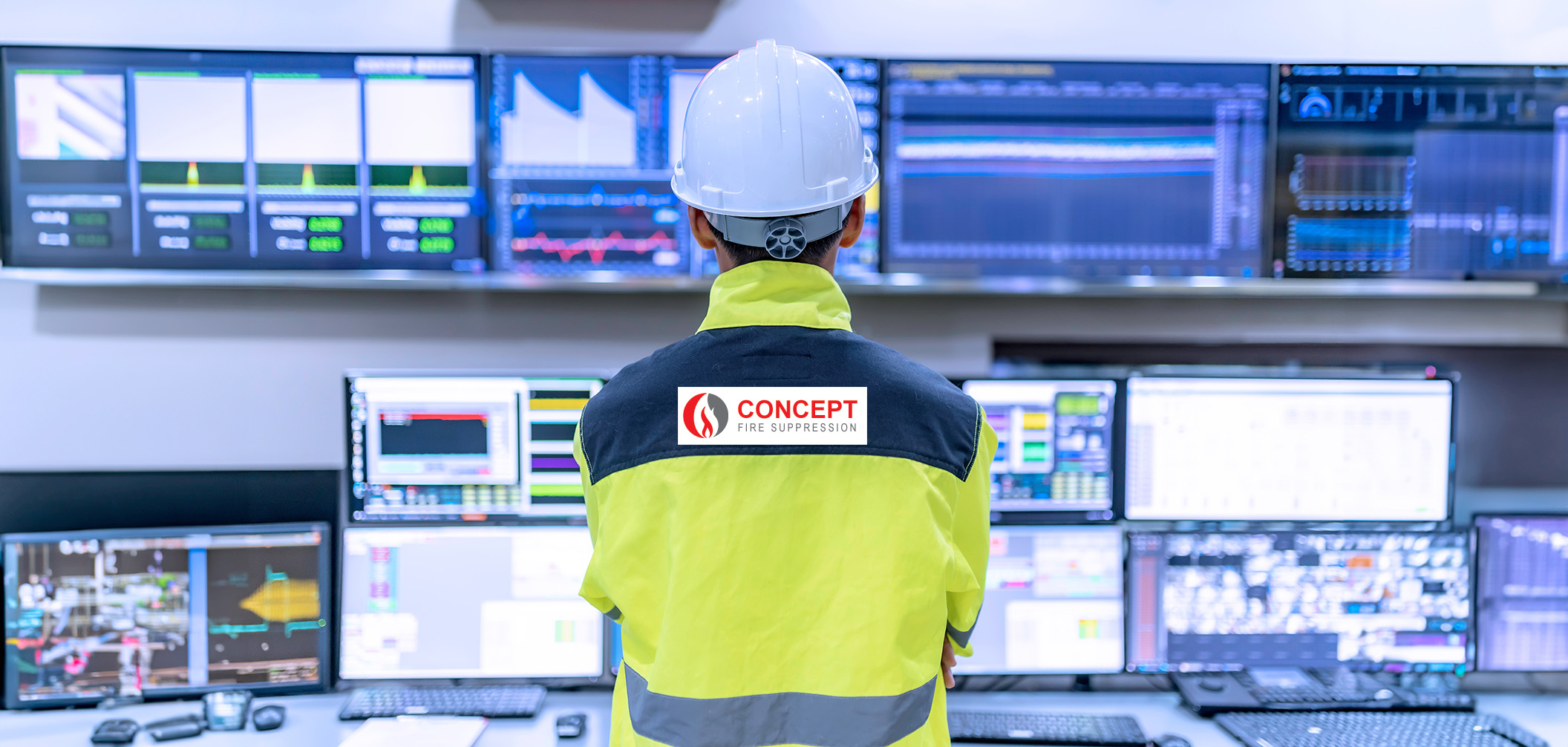15. Benefits of Fire Suppression Systems: Protecting Lives and Property
Fire suppression systems are vital in safeguarding lives, protecting property, and minimising the devastating impact of fires. These systems offer numerous benefits that contribute to effective fire safety measures. Let’s explore the key advantages of fire suppression systems:
1. Early Fire Detection:
Fire suppression systems are often integrated with fire detection systems, enabling early fire detection. By detecting fires in their incipient stages, these systems provide early warning, allowing occupants to evacuate safely and emergency responders to initiate timely actions. Early detection helps prevent the rapid escalation of fires, reducing potential risks to life and property.
2. Rapid Response and Suppression:
Fire suppression systems are designed to respond swiftly to fire emergencies. When a fire is detected, the system activates and deploys suppression agents, such as water, foam, or specialised gases like Novec 1230 and INERGEN®, to suppress or extinguish the fire. Rapid response and suppression significantly reduce the spread of fire, limiting property damage and enhancing the chances of successful fire control.
3. Protection of Occupants and Firefighters:
Fire suppression systems prioritise the safety of occupants and firefighters. By suppressing or extinguishing fires, these systems create a safer environment for occupants, allowing them to evacuate without encountering dangerous fire conditions. Additionally, by controlling the fire’s growth and intensity, fire suppression systems enhance the safety of firefighters, enabling them to carry out their duties more effectively.
4. Property Protection:
Fire suppression systems play a crucial role in minimising property damage. By containing and suppressing fires at their early stages, these systems help prevent fire damage from spreading to other areas of a building or facility. This reduces the need for costly repairs, accelerates the recovery process, and preserves the value of the property.
5. Business Continuity:
For businesses and organisations, the timely activation and effectiveness of fire suppression systems are crucial for maintaining business continuity of operations. By minimising fire-related disruptions and reducing downtime, these systems help businesses quickly resume their activities, mitigating financial losses and preserving customer confidence.
6. Compliance with Regulations:
Fire suppression systems ensure compliance with fire safety regulations and codes. By adhering to these requirements, building owners and facility managers meet legal obligations and regulatory standards. Compliance not only helps avoid penalties and legal complications but also demonstrates a commitment to fire safety and the well-being of occupants.
7. Peace of Mind:
Fire suppression systems provide peace of mind to building occupants, facility managers, and property owners. Knowing that effective fire protection measures are in place instills confidence and reassurance. This peace of mind contributes to a sense of security, allowing occupants and stakeholders to focus on their activities with reduced anxiety about fire-related risks.
Fire suppression systems are an integral part of comprehensive fire safety strategies. Their ability to detect fires early, respond rapidly, and suppress flames effectively offers invaluable protection for lives, property, and businesses.
In the next section, we will explore the importance of professional fire suppression system installation and the role of experienced specialists in ensuring optimal system performance. Join us as we continue our journey through the world of fire suppression and its critical role in fire safety.
To go back and read again 14. Fire Suppression Standards and Regulations: Ensuring Compliance or to go forwards go to 16. Limitations and Considerations: Factors to Keep in Mind you will have to wait until tomorrow.
If you have any queries please contact us now!







